

2019-07-13 07:17:00 Sat ET
technology antitrust competition bilateral trade free trade fair trade trade agreement trade surplus trade deficit multilateralism neoliberalism world trade organization regulation public utility current account compliance
Japanese prime minister Shinzo Abe outlines the main economic priorities for the G20 summit in Osaka, Japan. First, Asian countries need to forge the key Regional Comprehensive Economic Partnership (RCEP) for both free and fair trade in China, India, Japan, South Korea, Australia, New Zealand, and the 10 members of the Association of South East Asian Nations (ASEAN). This Asian trade bloc promotes sound and efficient trade relations as China, India, and Japan lead the mainstream consensus views on economic integration, financial stabilization, and intellectual property protection.
Second, Asian countries must help ensure the safe and free flows of data via digital networks. With respect to this recent digitization, the socioeconomic ramifications of data flows can rival, or may even surpass, the broader impact of petroleum and the internal combustion engine in the prior century. Third, Japan leads many Asian countries in terms of disruptive innovation that helps tackle global environmental degradation. In the new era of beautiful harmony, the Japanese Abe administration attempts to help reduce carbon emissions with better artificial photosynthesis. This innovative technology contributes to maximum sustainable employment, economic growth, and capital investment accumulation. Overall, the Abe administration hosts the G20 summit for better international trade, data, and environmental protection.
If any of our AYA Analytica financial health memos (FHM), blog posts, ebooks, newsletters, and notifications etc, or any other form of online content curation, involves potential copyright concerns, please feel free to contact us at service@ayafintech.network so that we can remove relevant content in response to any such request within a reasonable time frame.
2017-08-19 14:43:00 Saturday ET
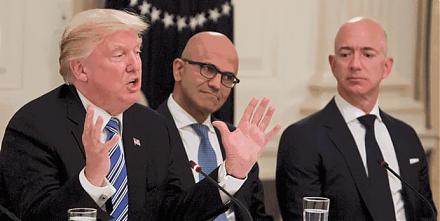
In a recent tweet, President Donald Trump criticizes Amazon over taxes and jobs. Without providing specific evidence, Trump accuses of the e-commerce retail
2019-02-28 12:39:00 Thursday ET
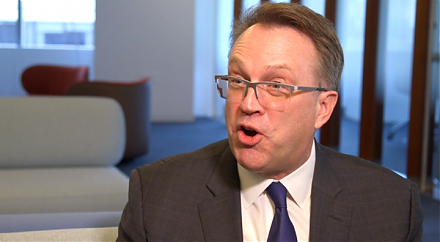
New York Fed CEO John Williams sees no need to raise the interest rate unless economic growth or inflation rises to a high gear. After raising the interest
2025-10-10 12:31:00 Friday ET
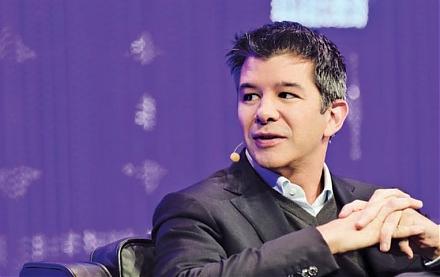
Stock Synopsis: With a new Python program, we use, adapt, apply, and leverage each of the mainstream Gemini Gen AI models to conduct this comprehensive fund
2017-11-03 06:41:00 Friday ET
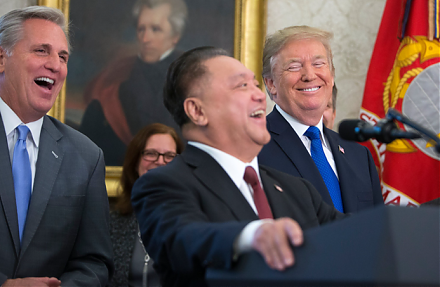
Broadcom, a one-time division of Hewlett-Packard and now a semiconductor maker whose chips help power iPhone X, has announced its strategic plans to move it
2017-11-25 06:34:00 Saturday ET
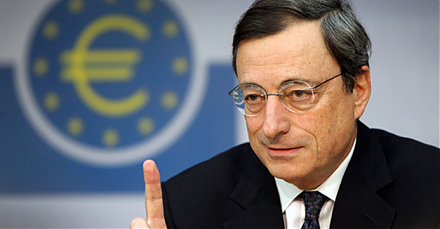
Mario Draghi, President of the European Central Bank, heads the international committee of financial supervisors and has declared their landmark agreement o
2018-10-21 14:40:00 Sunday ET
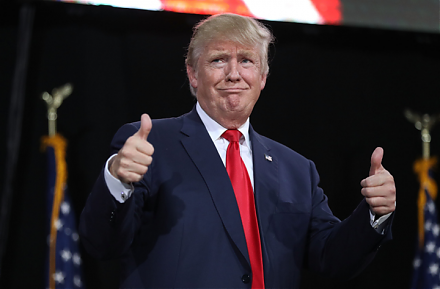
President Trump floats generous 10% tax cuts for the U.S. middle class ahead of the November 2018 mid-term elections. Republican senators, congressmen, and